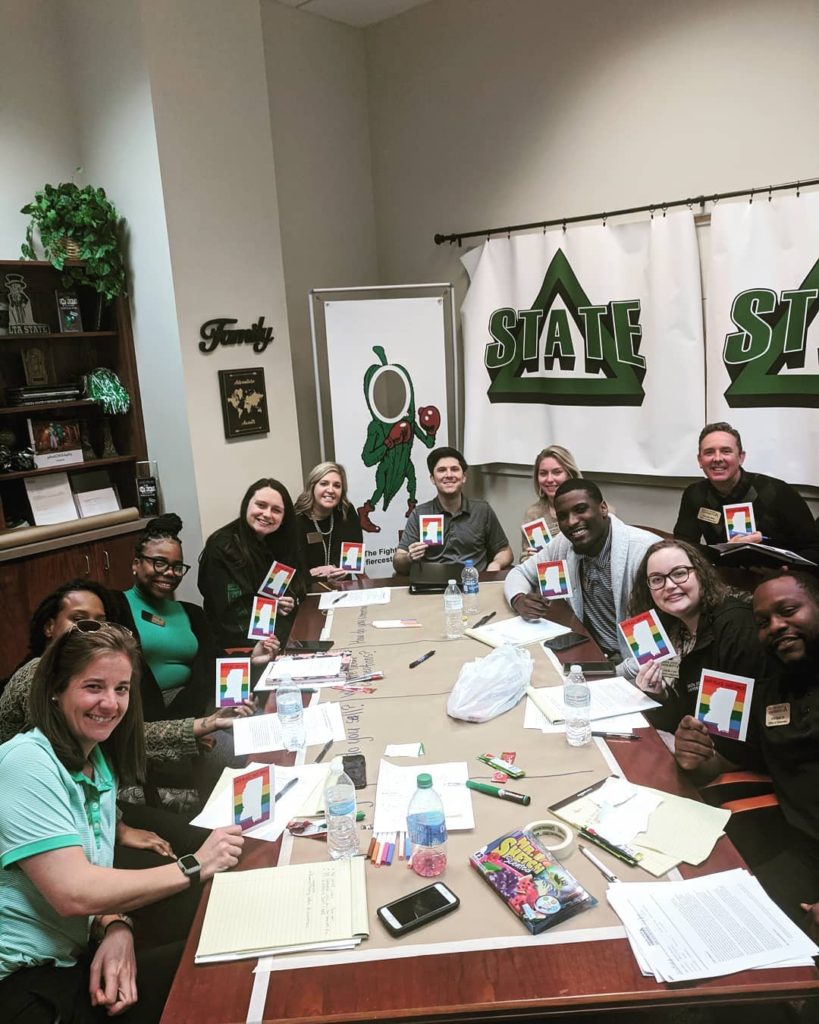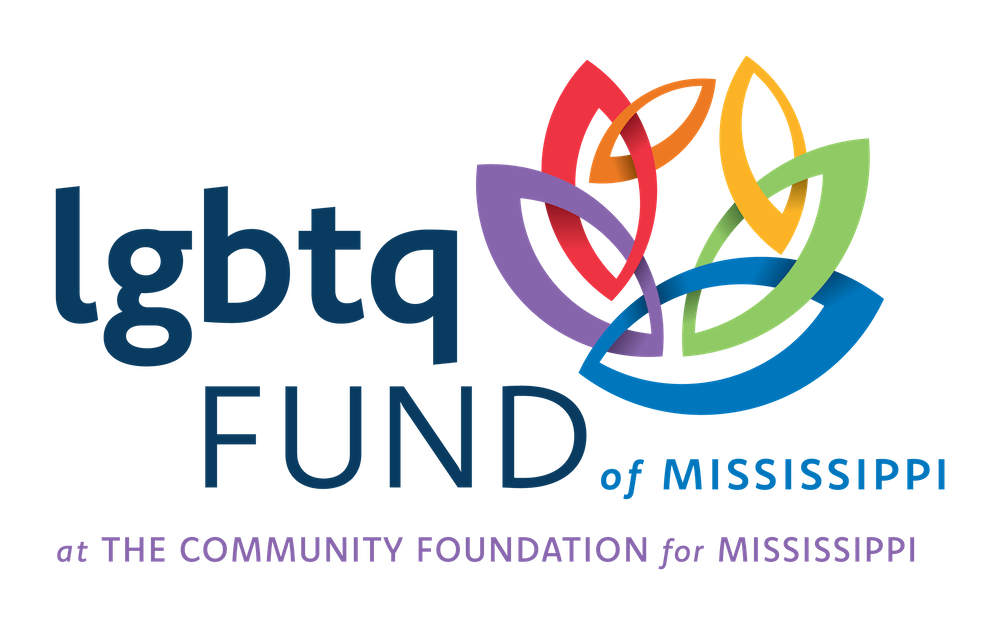Furthering safety, value, and inclusivity for LGBTQ on campus and the wider community.

The Safe Spaces Program began at Delta State University in 2014, providing training for faculty and staff on how to be a better ally to the LGBTQ community. The program went dormant until last year, when Jacqueline Goldman, Ph.D, Assistant Professor Psychology, was given the task to revive the program.
The purpose of this program is to teach faculty, staff and students at Delta State about things like gender and sexual identity, homophobia, and being an ally for the LGBTQ community. Goldman altered the focus of the Safe Space Program slightly, still providing competency training but opening it up to the larger community in Cleveland. The money from the LGBTQ Fund of Mississippi grant will be used to purchase promotional materials for the program and to incentivize attendance to the training.
“My biggest obstacle was how to get people who wouldn’t otherwise come to decide that this is going to be something that they’re interested in. My answer to that is merchandise. You can get a t-shirt, a pen, a sticker. I also often provide lunches. I’ve had some departments offer to host me and give up one of their staff meetings for me to talk to them, so I provide lunch. People are more likely to come,” said Goldman.
With these training sessions, Goldman hopes to create a safe space for students to feel supported. The sessions are a place where people can discuss current political and social issues that LGBTQ people are facing in Mississippi. During the training, Goldman also gives scenarios and solutions, with the hope that people will take that training to the community. The training also includes a portion called “Asking for a Friend,” where people can anonymously submit questions that Goldman answers in the training.
“I always tell people that college is teaching lifelong learners. We’re a very rural school and some people are learning to critically think for the first time. It’s a place that should be a safe place to explore your identity and figure out who you are. Our campus should allow students to explore what that means, especially for their sexual orientation, and know that they’re celebrated and supported. At college, it’s a safe place to start, because usually people at a college institution or a higher ed institution are a little more progressive or open. It’s a good place to start the conversation,” said Goldman.
An Important Place to Be
“When I first moved here, someone told me that the Delta is a very hard place to be, but it’s an important place to be. We don’t have the millions of dollars and big government infrastructure to help us do these things, and so the people who are doing it are really sold on the cause and are so passionate. It feels authentic. My wife and I have talked about this — when we came to Delta State, it was important for us to be seen. It was important for people to see that we’re normal. That’s another thing with these movements. We’re a part of this community and want to invest in this community and make it better for everyone,” said Goldman.
Goldman hopes that when people go through the Safe Spaces Program training sessions, they realize that they shouldn’t feel bad because they weren’t already informed about LGBTQ issues beforehand. These training sessions are in place to educate people and to make a space for people to ask questions and give people the resources they need, so that Delta State can continue to be a welcoming and inclusive place for LGBTQ people.
“It’s okay to not know everything. I don’t know everything. I’m constantly learning. It’s okay to struggle and be confused, but I want people to sit in that unrest and really try to be better. Take the steps to educate yourself. It’s okay to ask questions. If you’re trying, that’s what’s important,” said Goldman.
For more information, visit Delta State University’s website.
